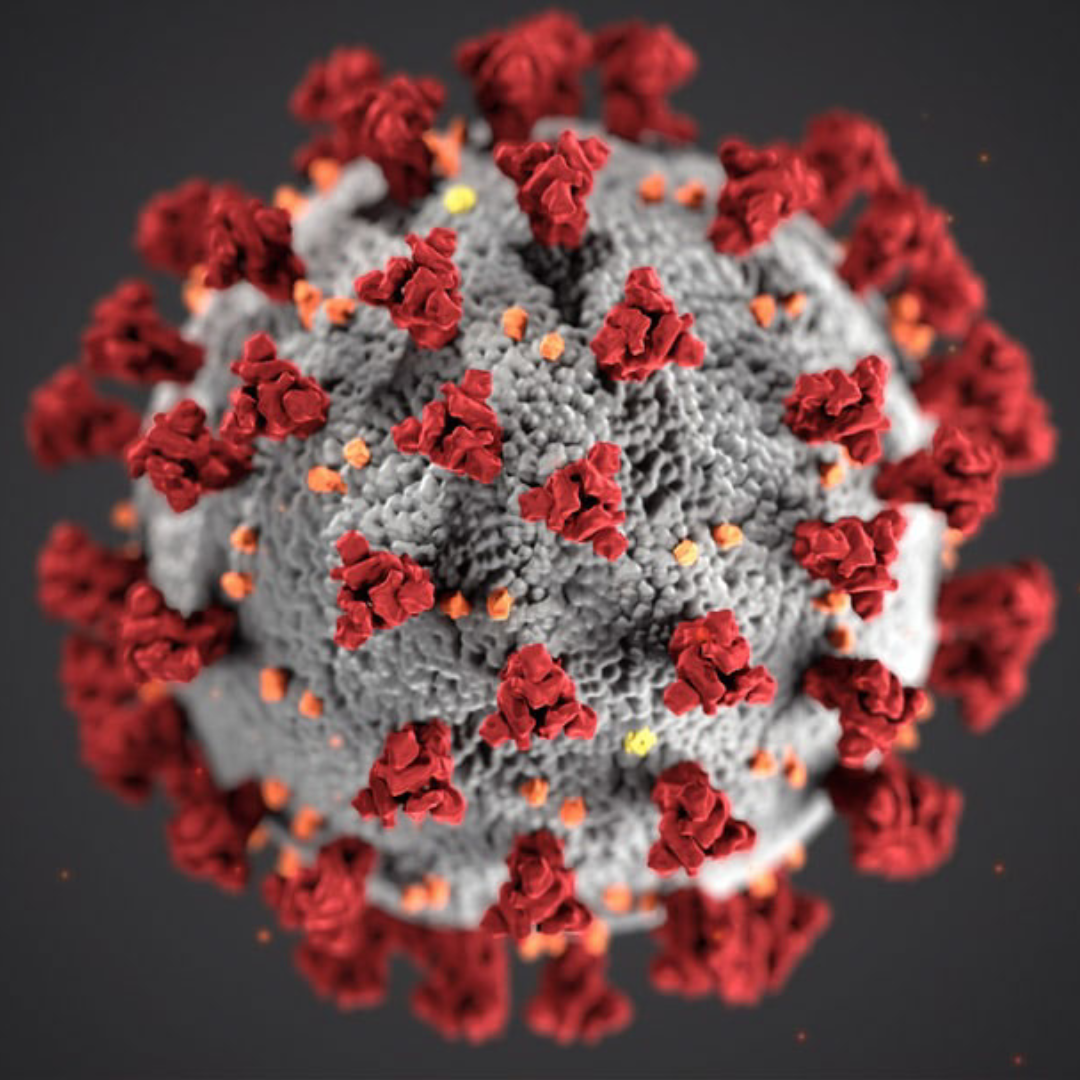
Melatonin for Children
January 20, 2020
Coronavirus (COVID-19)
March 11, 2020What is Circumcision?
When boys are born, they have skin that either covers most or all of their penis. Therefore, the procedure of circumcision is to remove the foreskin so that the tip of the penis (glans) and the urethra (where the baby urinates) – are exposed to air. This procedure typically happens while the newborn is still in the hospital or immediately after birth. The procedure should last only a few minutes when it is done by an experienced physician. During the procedure, your baby will be given local anesthesia to minimize the pain. The doctor should give you information about the types of anesthesia they recommend however, if you feel as though you have more questions, do not hesitate to ask.
Making a Decision
If you are currently pregnant with a boy or have recently welcomed a baby boy into your life, you will eventually need to decide whether or not to have him circumcised. When it comes to circumcision, it is best to make the decision before the child has been born, as it will make the process less daunting. Circumcision is nothing new, it has been practiced through history, for thousands of years as a religious rite. The most common reason for boys in the United States to be circumcised is due to religious or social reasons. Throughout time, more parents have raised questions on whether or not circumcising their children is the right choice, let alone safe from a medical standpoint.
The Benefits of Circumcision
Like any procedure, circumcision does have medical benefits as well as risks however, the American Academy of Pediatrics has concluded that the pros outweigh the cons. Some of the benefits in choosing circumcision for your baby include; protection from penile cancer (a rare condition), a reduced chance of contracting Sexually Transmitted Infections (STI’s) as well as HIV, a reduced risk for cervical cancer in women who have circumcised partners, and lower risk of urinary tract infections (UTI’s) – although UTI’s are not common for boys, they can still happen. While circumcision has many pragmatic benefits, this data cannot conclude that circumcision should be routine for all boys. That is a choice that parents must make and we strongly encourage that parents make a consultation with their child’s pediatrician to discuss all of the benefits as well as potential risks. The best interest of the child should be at the forefront of discussion which may include; medical, religious, cultural, and ethnic traditions and personal beliefs.
Potential Risks of Circumcision
Like with any procedure, circumcision does pose potential risks. Undergoing this procedure (while rare), can cause bleeding and swelling. It is imperative that circumcision only is performed on stable, healthy infants. If a baby is premature, has an illness, blood problems, or any abnormalities, he should not be circumcised right after birth. If your baby has a condition called hypospadias- Where the urinary opening did not form normally, his pediatrician may advise that your baby not be circumcised right after being born.





